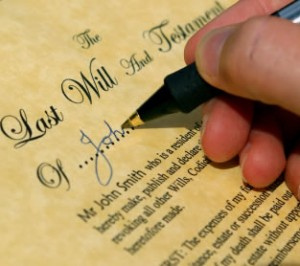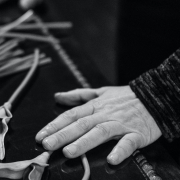The Responsibilities of Being an Executor
 When someone dies, the initial shock and trauma that it does to the person’s family is apparent. Because of this, each and every one of us is encouraged to plan for the future even if it includes our death. Therefore, it is always a plus if you are able to talk with your executor about the intimate details you want to happen after your death. This way, your family can mourn properly minus the stress of thinking about what to do with your remains or the cremation costs during this time. In addition, this will also prevent a potential dispute among family members.
When someone dies, the initial shock and trauma that it does to the person’s family is apparent. Because of this, each and every one of us is encouraged to plan for the future even if it includes our death. Therefore, it is always a plus if you are able to talk with your executor about the intimate details you want to happen after your death. This way, your family can mourn properly minus the stress of thinking about what to do with your remains or the cremation costs during this time. In addition, this will also prevent a potential dispute among family members.
An executor is a person who is nominated and appointed by the deceased in the will to oversee the estate left. The executor must insure that all of the desires and requests of the deceased are carried out. The executor is responsible for gathering up and protecting all the assets of the estate, obtaining information of all the beneficiaries who are named in the will as well as any potential heirs, collecting and arranging for payment of debts of the estate, approving and disapproving creditor’s claims, making sure that the estate taxes are calculated, all the necessary forms filled, ensure that the tax payments are made, and, most importantly, assist the attorney with whatever is needed carried out.
In conclusion, organizing everything is the key to having a peaceful funeral. This is an important aspect if you want to get all of your final wishes done more importantly if you have specific requests such as giving your wife a cremation jewelry for her to keep or ensuring that your family gets what they deserve after you pass away. It is imperative that you have clear instructions to avoid confusion and potential dispute among family members. This is why executors are important. They exist to see to it that your every single request is fulfilled particularly if you have already written your will. This is to avoid confusion and a potential dispute. Your assets will only be distributed to all the beneficiaries until your executor or executors finalize your funeral arrangements following to what you have stated in your will.









